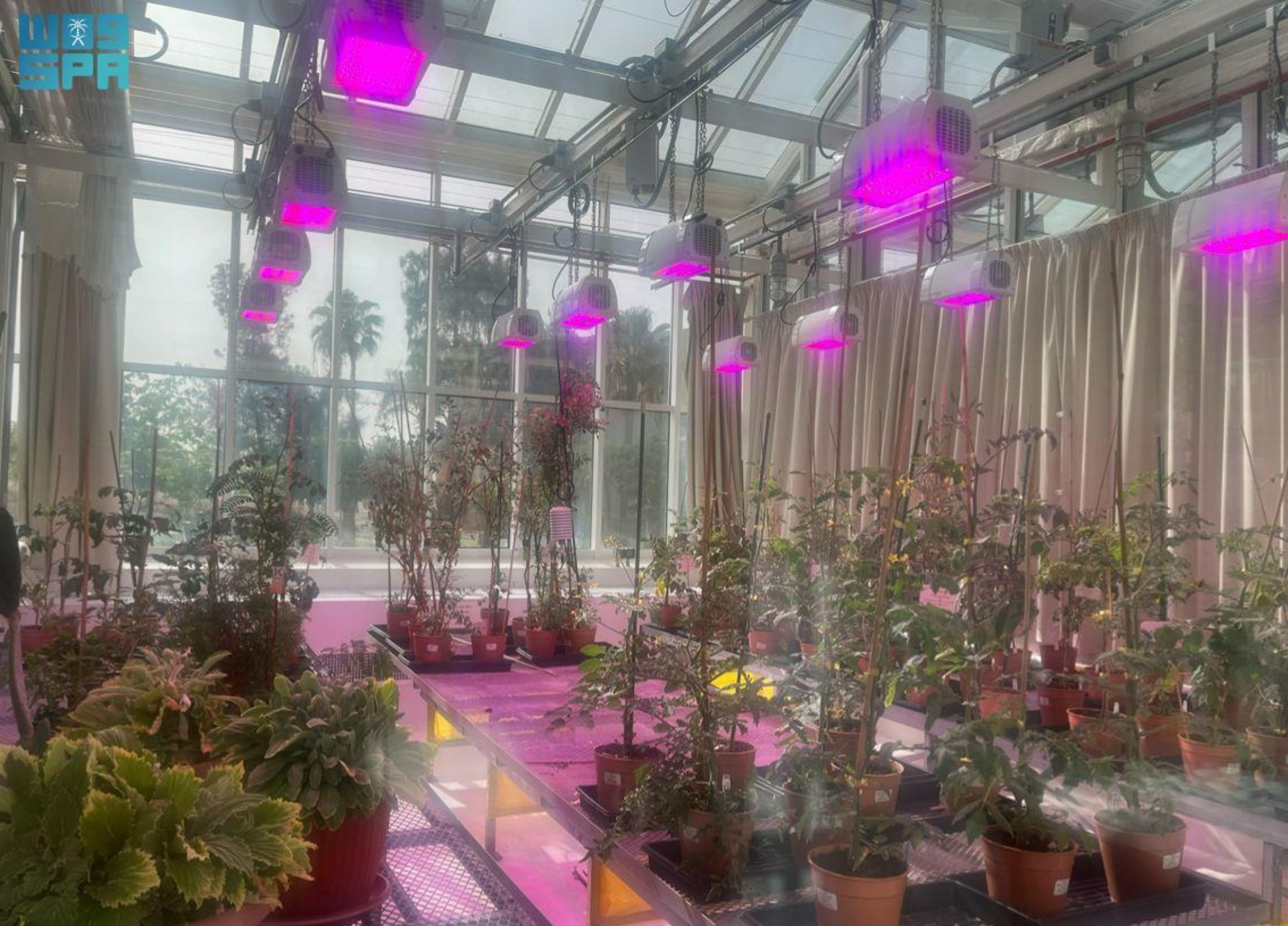
KAUST Hybrid Technology Achieves Breakthrough in Crop Yields in Hot Climates
A research team at King Abdullah University of Science and Technology (KAUST) has developed an innovative hybrid cooling technology that boosts agricultural crop productivity by up to 200% in small greenhouses located in hot and arid environments, such as those found in the Kingdom.
The breakthrough combines a nanoplastic greenhouse cover with biodegradable organic mulch to enable passive cooling, eliminating the need for traditional energy sources. Experimental trials have demonstrated that the technology can reduce greenhouse temperatures by up to 25 degrees Celsius, representing a significant advancement in sustainable agricultural practices.
The novel cover is made of transparent polyethylene infused with nanoparticles that absorb infrared radiation while allowing the passage of visible light necessary for photosynthesis. This technique enhances food security and lowers carbon emissions.
Professor Qiaoqiang Gan, the KAUST researcher behind the nanoplastic coating, explained that the findings—published in the journal Nexus—highlighted the high energy demands of conventional greenhouse cooling methods. “Our innovation allows the cultivation of a wider variety of crops in arid environments,” he said. “Most greenhouse covers transmit infrared radiation, which increases heat without benefiting plant growth. Our goal is to transmit only beneficial light and block harmful radiation.”
The research team is now expanding its study to larger greenhouse facilities and a wider range of crops, as part of KAUST’s mission to drive agricultural innovation and support environmental sustainability across the region.








